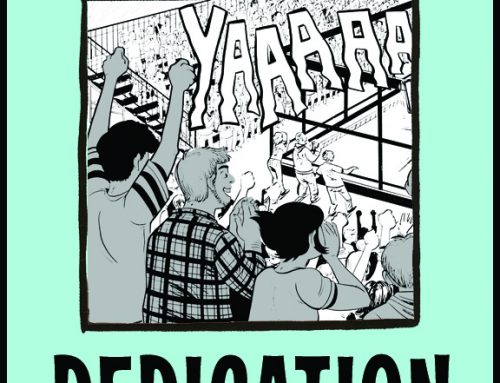test heading
(This photo is from the Smithsonian Institute and was taken in 1918; as it is from the past, these were probably not blogger review copies. Sorry, bloggers! You only exist in the near-present past.)
‘This review copy was provided by the publisher in exchange for a fair and honest review.’
This is a statement that I’ve been seeing pop up on the bottom of a number of review sites recently. Presumably it’s there to get the legal rigamarole out of the way and not cause embittered influenced book-buyers to rise up and sue a site because they didn’t realize that publishers sometimes give reviewers books for free. And I’m totally fine with the not-getting-sued disclaimer. Please, book websites — try not to get sued as much as is legally necessary to protect yourselves! If you did get sued, we would be sad for you.
However! I do want to be clear about my review-copies-sending-out policy, because it doesn’t exactly fall into line with this statement.
I send out lots of review copies. Some of them are to people who request books; some of them are to people I think would like the books. To none of them do I send anything resembling the directive, ‘by receiving this book in the mail, you have agreed to write a review.’
Reviewers to whom I send books are not obligated to write reviews! In fact, if they get books from me in the mail and they hate them, I would probably prefer that they didn’t write any review at all. Even if a reviewer gets a book and feels bland and vaguely indifferent towards it, I’ll probably be like, ‘how about you review a nice book from me that you thought was awesome instead of forcing yourself to write something vague and indifferent about this book — I’ll find someone else who loves it to cover it.’
To be clear, I’m not stopping anyone from writing a review — if reviewers hate a book and want to write about it, that’s totally fine. If reviewers feel bland and indifferent about a book and want to write about it, that’s fine too. But if a reviewer gets a book from me and doesn’t want to write a review because they didn’t like it, because they feel that it doesn’t suit their audience, because they don’t have time for it, because they can’t fit it in with the rest of their content thematically that week, you know what?
Those are all perfectly reasonable reasons not to review a book, and I’m fine with that.
On to the second part of the legal disclaimer — ‘a fair and honest review.’
We all appreciate fairness and honesty. Mostly it’d be nice if people were fair all the time, and moderately honest, too (but still tell us that our cooking tastes delicious and that we always wear hats well — it’s true, right?).
However. We are not the fairness and honesty police. If a reviewer starts a review with, ‘this is the best book ever!’ for the second time that month, we’re not going to come after them. It’s hyperbole, okay? And there are a number of other literary tactics that are perfectly reasonable things to be using in reviewing — purposefully provocative statements, feigning one viewpoint and reversing in another paragraph, writing a purposefully incendiary review from the perspective of a literary character (Miss Manners does not like 20th century morality!), etc.
You know what? Those are all fine with us. We care more about reviews being thoughtful and interesting than whether they are perfectly fair and honest. (And what does ‘fair and honest’ even mean? To be truly fair about a book do you have to read it comparatively to the rest of the YA light fiction coming out this year? To be truly honest, do you have to point out the single typo?)
In conclusion: an accurate footnoting legal statement for any books provided for review by First Second would not mention fairness or honestly or other saintly characteristics — or any reviewing obligations.
Instead it would say, ‘A review copy of this book was provided by the publisher.’






[…] been pondering this because Gina Gagliano at First Second recently wrote about her intentions in providing review copies. She […]
I agree – and much prefer your alternate wording!
However, I feel compelled to point out that the photo was not taken in 1918, but the woman pictured was born in 1918.
Small thing: the photo wasn’t taken in 1918. The mother in the photo was born in 1918. Looks like the photo was taken around 1952.
It took me a long time to start adding that line at the end of my reviews :) Gina, thanks for writing this post!